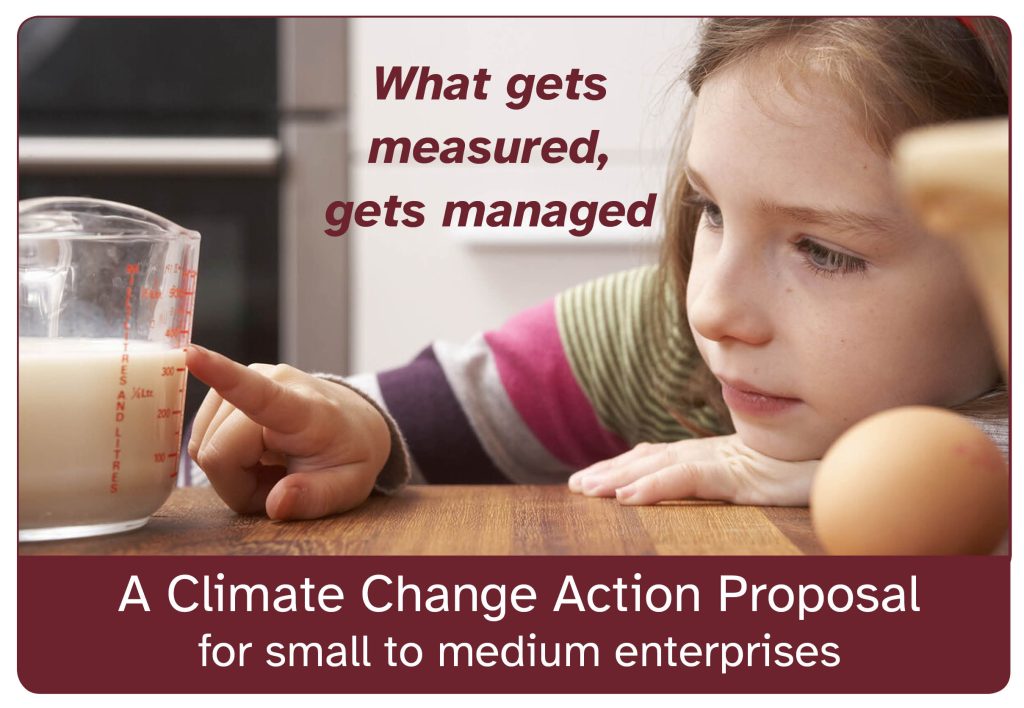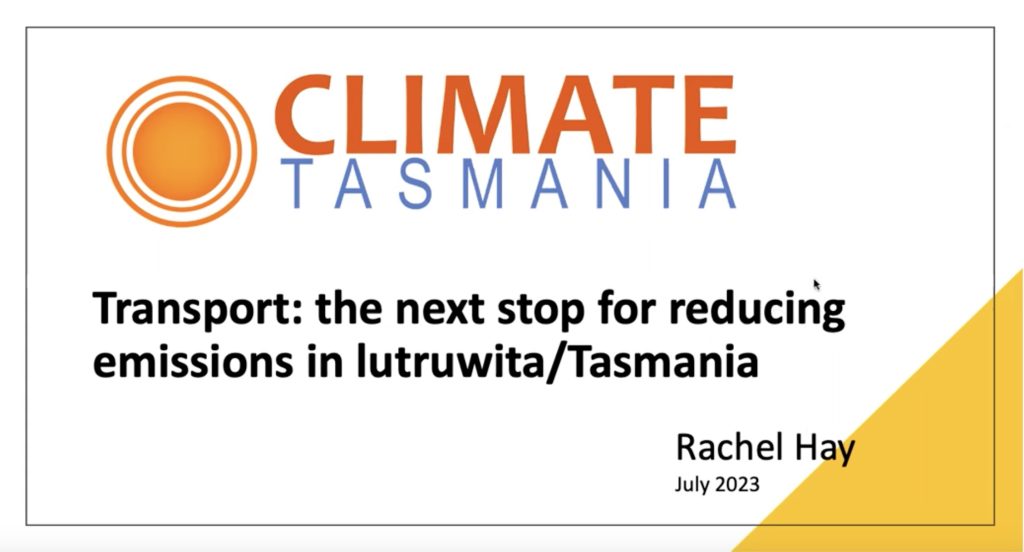Tasmania’s Climate Act is now being reviewed.
Submissions are invited.

The terms of reference for the review have been decided, and a consultant has been selected to undertake this important review. Public consultation on the review will begin soon.
What you may need to know
For people and organisations who wish to participate in this review, Climate Tasmania has been actively developing a considered position on the strengths and weaknesses of the current Act. In particular, please do read our recommendations for a stronger, more ambitious, detailed, and comprehensive Act.
Please see our policy paper further below, or you can download it here.
The Consultation Process
The Climate Change (State Action) Act 2008 (the Act) sets the Tasmanian Government’s legislative framework for action on climate change. The Act requires that an independent review of its operation is undertaken every four years.
All you need to know about the consultation – including the Terms of Reference – and how to submit can be accessed at the State Government’s link here.
Here is our position paper.
(To turn to the next page use the computer mouse on the turn page icon at the foot of the page.)









